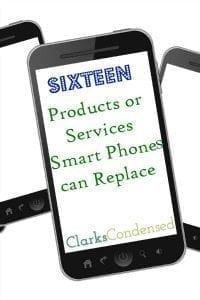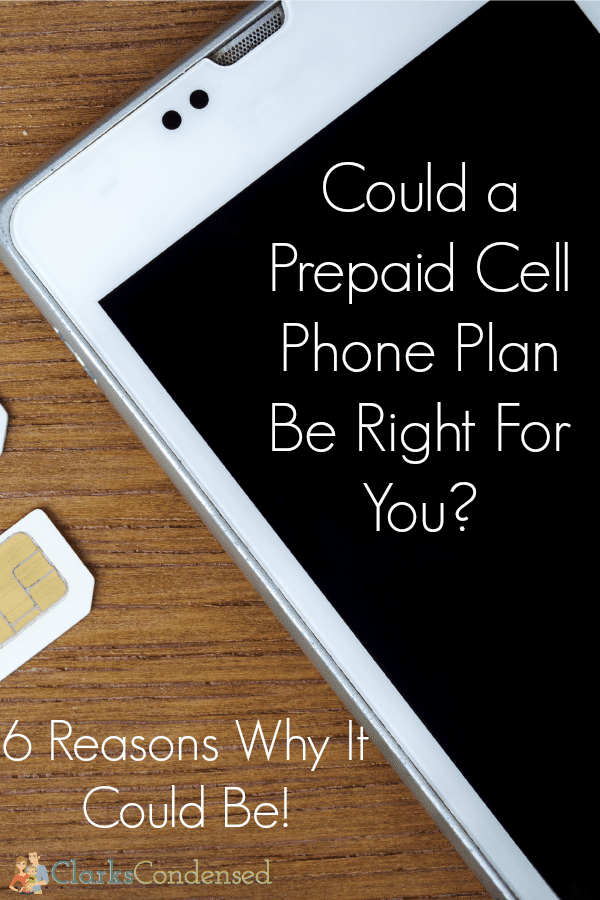What You Need to Know About Identity Theft Protection
Don’t be one of the one of the almost 10 million people who have their identity stolen each year. Here is all you need to know about identity theft protection.

Thanks to LifeLock for inspiring this post
Identity theft is a crime that is increasing each and every year — in fact, it’s the fastest growing crime in America. The FTC says that there are around 9.9 million identity theft crimes occurring each year, which amounts to about 19 people every minute. Personally, I think it is becoming more of a problem because of the increase of digital devices and technology that make it easier than ever for criminals to steal identities and personal information.
While much good can be done with smart phones and tablets (I mean, you can make money with your smart phone and replace countless other products), a lot of harm can be done as well. My friend, Anita, just wrote this post about how easy it is for people to steal a debit card number using a simple iPhone device, without you having any knowledge of it. It’s scary!
As I started doing research for this post, I realized that I’m not protecting myself as much as I should be. This post has been as informative for me as I hope it will be for you. I’ve known several people who have had their identities stole, and it is not something I want to ever deal with!
How Your Identity Can be Stolen
- Dumpster diving
- Phishing
- Phone and Internet Scams
- Skimming (a device that steals your credit or debit card information)
- Stealing – mail, wallets, purses, etc.
How to Protect Yourself from Identity Theft
1) Be Careful with Debit Cards
As I referenced above, it’s very easy for people to steal your debit card pin number nowadays, which opens the door to all sorts of trouble. While I use my debit card regularly, I’ve started using a credit card more often (obviously paying it off right away). This article by LifeLock discusses whether a debit or credit card is safer. Credit cards typically have more protection on them, and, more importantly, money isn’t being directly withdrawn from your account. Withdrawals from your debit card that result in bouncing, which can make it so you don’t have any access to money until your situation is resolved. This is a great article on places that you shouldn’t use a debit card.
2) Be aware of data breaches
There are large data breaches every year. The most recent I heard about was Home Depot, and last year, there was a huge one at Christmas time at Target. In most cases, when there is a data breach that affects you, you have to watch your account vigilantly to make sure there are no fradulant charges. I was affected by both the one at Home Depot and Target (I’m so lucky, aren’t I?) While they eventually sent me an email letting me know I was affected, and that they were providing free credit monitoring for a year, it wasn’t until several weeks after the matter.
With a data breach, your information could have easily been compromised before the company actually contacted you. So, basically, pay attention to data breaches as they happen so you can take action if you may have been affected. LifeLock recently launched a new service called the Ultimate Plus Program which will alert you to data breaches right away.
3) Monitor accounts carefully
Another feature that LifeLock offers is helping you monitor your accounts. This is something I’m really bad at — making sure all the charges to my account are legitimate. Even if it’s not an identity theft crisis, sometimes companies will accidentally over or double charge a person, and if you don’t pay attention, those can add up quickly. However, the most important reason to monitor your accounts is in case of identity fraud! I read once that sometimes identity theft criminals will make small charges on a person’s account to see if they notice, before they’ll make a large charge. And if you aren’t paying attention, you might get a very large charge that may have been prevented.
3) Shred Personal and Financial information
This might seem pretty obvious, but by shredding and personal and financial information before you throw it away, you are protecting yourself from identity theft. People do dumpster dive, and if they find bank statements, or anything with your personal information on it (especially your social security number), it won’t take too much time for them to try and steal your identity. While you can’t protect yourself from all identity theft, shredding personal information before throwing it away is something you can be in control of.
4) Secure Passwords
Did you know one of the most common passwords is “password.” Another one is 12345. Obviously, those aren’t going to be hard to crack. Living in the digital world that we do, if someone were to figure out one of your passwords, that could put a lot of things at risk, including your identity! I highly recommend using very tough to crack passwords (typically as series of numbers, letters, and punctuation marks) and changing your password often.
Here on Clarks Condensed, I have a security feature that tells me the passwords hackers try to use to get into my site, and they always try the site name, my name, and Forrest’s name. Fortunately, we have very secure passwords on it, but it’s scary to see how many times we’ve had attempted logins on our site (once we have 1,000 in one day!) Here is a password generator in case you need some ideas!
5) Beware of Downloading Online
There are a lot of dangers that come with downloading software over the Internet. While a lot of it is safe, you really have to be careful. Phishing scams are very common, and often happen when someone accidentally downloads something by clicking on an ad or from a peer sharing website. These can cause some serious viruses on your computer. Sometimes they can be downloaded so innocently, that you don’t realize you’ve been attacked until it’s too late. Having good security software is essential, but LifeLock also offers a service that will protect and notify you of any of these scams that may be downloaded.
6) Install Firewalls, Anti-virus programs, and Popup blockers
As I already mentioned, some phishing and identity theft scams can happen from just random popups that show up on your computer or email. While you should just avoid clicking on popups at all, sometimes you might accidentally do this. Having a firewall and anti-virus program installed makes it easy to stop harmful things from being downloaded to your computer. With our anti-virus, it even has it on my browser, so if I go to a website that might be harmful to my computer, it lets me know right away.
7) Be Wary of Emails
Chances are, you’ve probably known someone who has had their email hacked. Maybe even if you have! Forrest’s email and Facebook accounts have been hacked multiple times, and he had strange emails sent out to people. I probably get an email from a friend’s hacked email account at least once a week. If you suspect you are getting an email from a hacked account, don’t open it, and absolutely do not click on any links. I would be wary of opening links in any email unless you 100% can verify the person sending it sent it for real.
Sometimes you might get an email from a company pretending to be your bank, PayPal, etc. One thing you should know is that pretty much any reputable bank will never ask for your bank account information through your email. I get a lot from people pretending to be PayPal, telling me that I have to sign in to reactivate my account. To be honest, the emails look pretty legitimate, until I look at who sent it. They usually put the “sent as”name as PayPal (or Chase, or Wells Fargo), but you have to pay special attention to the email address, because it’s not going to be legitimate. If you are ever nervous about an email you get from a company, call their headquarters or go into an office. It’s worth the extra effort.
8) Avoid Giving out your Social Security Number
Your SSN is something you should keep as private as possible. While it’s impossible not to ever give it out, don’t just give it out willy nilly over the phone or Internet.
9) Review credit reports and FICO® scores
By reviewing these, you can see if there have been any major, unexpected dips, which may indicate someone else is using your social security number. Most banks or credit unions can provide these for you at least once a year. I have seen some scams out there though, so be careful when trying to get your credit reports!
10) Don’t Save Passwords/Logins
This is one place where I’m really bad. I don’t like having to type my password and username in to websites I visit regularly, so I have them saved. However, this isn’t a great idea, especially on computers that other people use or your mobile device. If your mobile device were to get stolen, and you had all your passwords saved, things could get bad fast!
what’s their number one scare about having their identity stolen?
Has Your Identity Been Stolen?
Here are a few signs that your identity may have been stole:
- Missing bills (one way to avoid bills being stolen from the mail is to subscribe to paperless billing!)
- Suddenly being denied for loans, credit, etc.
- Usernames and passwords not working
- Unauthorized charges in your bank account
- Strange calls from companies telling you that you owe them money
What is your number one scare about having your identity stolen? I mentioned several times about LifeLock’s Ultimate Plus program. It’s really a great way to get some peace of mind against identity fraud. Using the code LifeLockSafety, you can get 10% of services on the LifeLock siteLifeLock Site.







Lots of great tips and advice. Something we should all be aware of and very careful.
Great tips Katie!
Thanks Rachel!